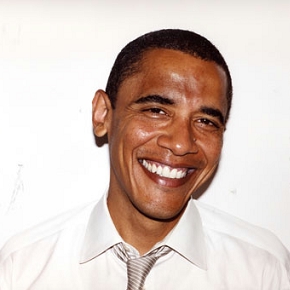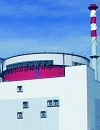 |
||
|
Tehran agreement on uranium will allow peaceful resolution of Iranian nuclear program - Lavrov RIA Novosti, PUBLISHED May 29, 2010 The Tehran agreement on swapping uranium, signed by Brazil, Turkey and Iran, may see a peaceful resolution of the Iranian nuclear issue, Russian Foreign Minister Sergei Lavrov said. Other news: The Temelin tender promises to be the most fun of all tenders for the construction of nuclear facilities. Russia to invest $1 bln in Namibia uranium deposits "We are ready to guarantee investments," Kiriyenko said. Iran, IAEA must sign agreement to start nuclear swap - official Uranium from Iran shall be delivered to Turkey within a month. |
Hero of the day 
Obama nuclear summit: A minor success Further proof of this fact was provided by Obama Nuclear Security Summit held in Washington on April 12-13. However, this goal is unlikely to be achieved in four years. INTERVIEW
Christophe Behar OPINION
AtomInfo.Ru |

